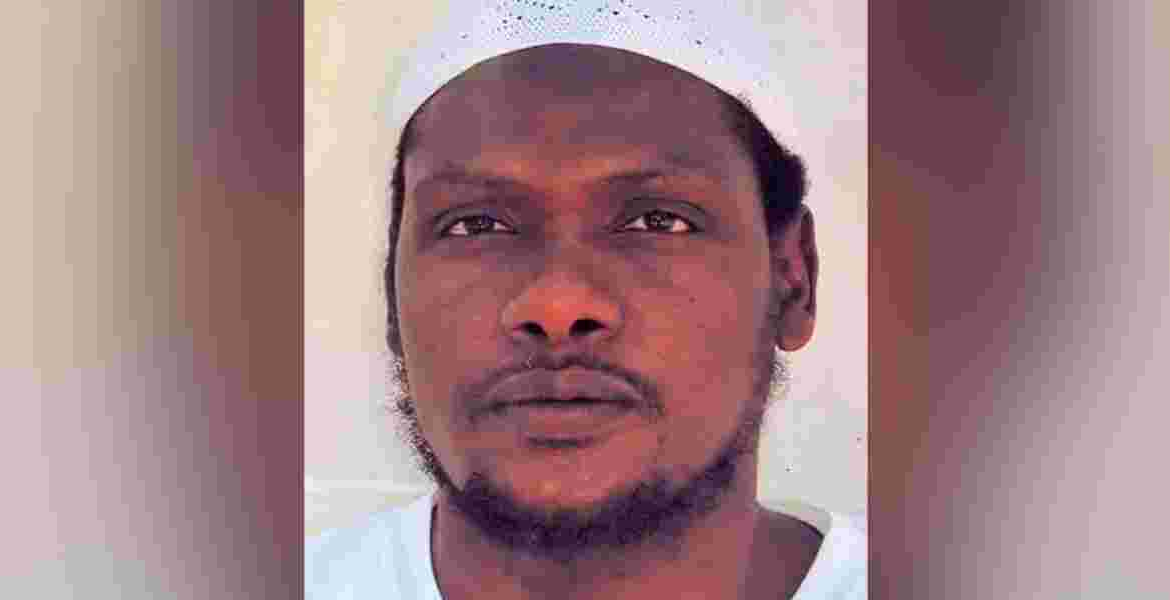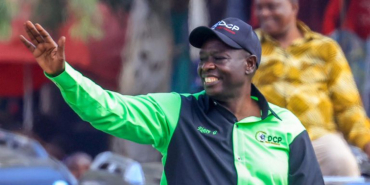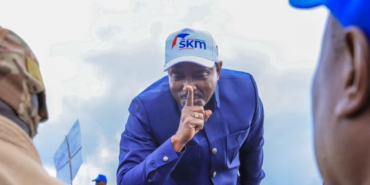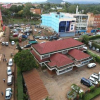Kenyan Detainee Freed from Guantanamo After 17 Years of Controversial Imprisonment

The United States Department of Defense announced on Tuesday night the repatriation of Mohammed Abdul Malik Bajabu, a detainee who has been held at Guantanamo Bay for 17 years without trial.
This transfer follows a unanimous decision by the US Periodic Review Board (PRB) made three years ago, which determined that Bajabu no longer poses a security threat to the United States. The PRB, comprised of six federal agencies, had concluded on December 27, 2021, that Bajabu's ongoing detention was unnecessary, recommending his release contingent upon specific security assurances from Kenya.
This decision brings the total number of detainees at the Guantanamo facility, located in Cuba, down to 29. The announcement has elicited mixed reactions from human rights organizations, including Reprieve, a group advocating for prisoner rights. Deputy Executive Director Dan Dolan criticizes the prolonged delay in Bajabu's transfer despite the earlier recommendation from the PRB. Dolan highlights the long-term psychological impacts of torture and indefinite detention, calling for the US government to facilitate Bajabu's reintegration into society.
Reprieve emphasizes that Bajabu will receive support from his family, including a successful businesswoman sister and a half-sister in Mombasa, both ready to aid him in the transition back to civilian life. Having been imprisoned for almost two decades, Bajabu faces significant challenges as he seeks to provide for his wife and three daughters.
Bajabu's lawyer, Frank Panopoulos, condemns the US government's decision for the extended detention, alleging that the evidence against Bajabu had been extracted through torture. Panopoulos criticizes the separation of Bajabu from his family during crucial years and highlights the lasting repercussions of his extended confinement.
Born in Kisumu in 1973, Bajabu relocated to Mombasa before moving to Somalia in the 1990s. He returned to Kenya in 2006 following an Ethiopian military incursion in Somalia and was arrested in Mombasa in 2007 before being handed over to US authorities. Reprieve claims that much of the evidence against Bajabu was coerced, including statements from a childhood friend who later recanted after enduring torture by Kenyan and Ethiopian law enforcement.
Furthermore, Kenyan courts have acquitted all individuals accused of conspiring with Bajabu.








Add new comment